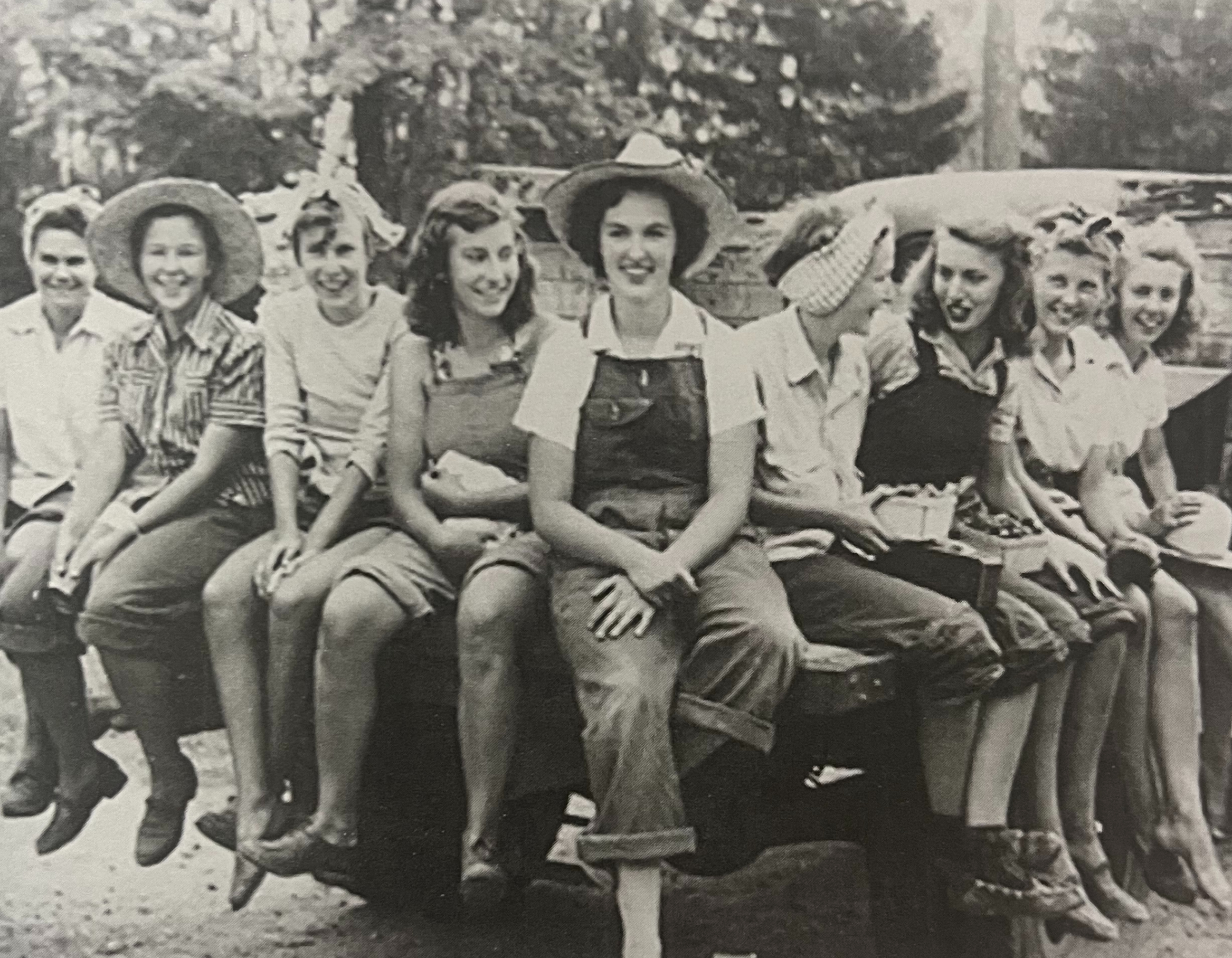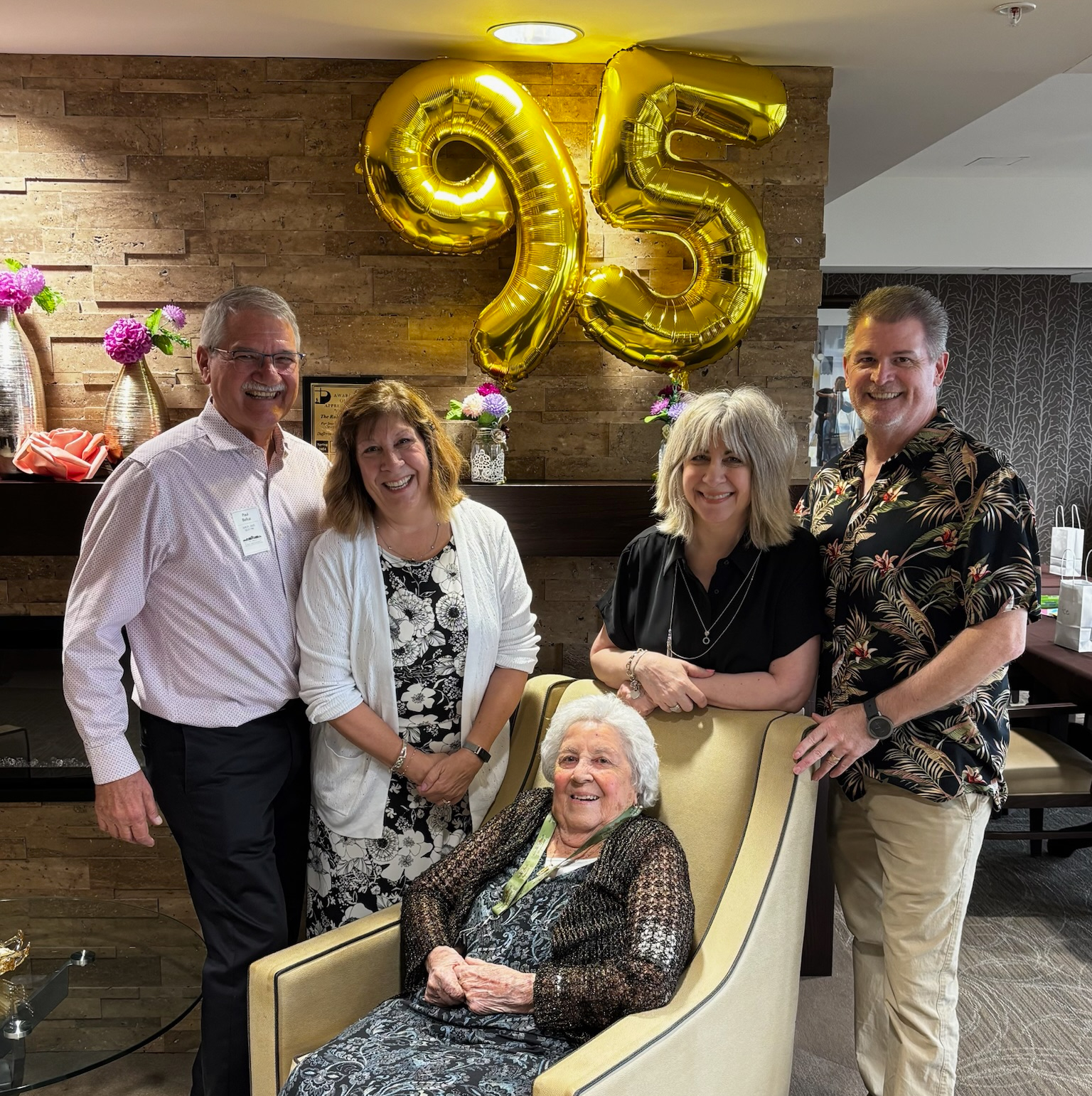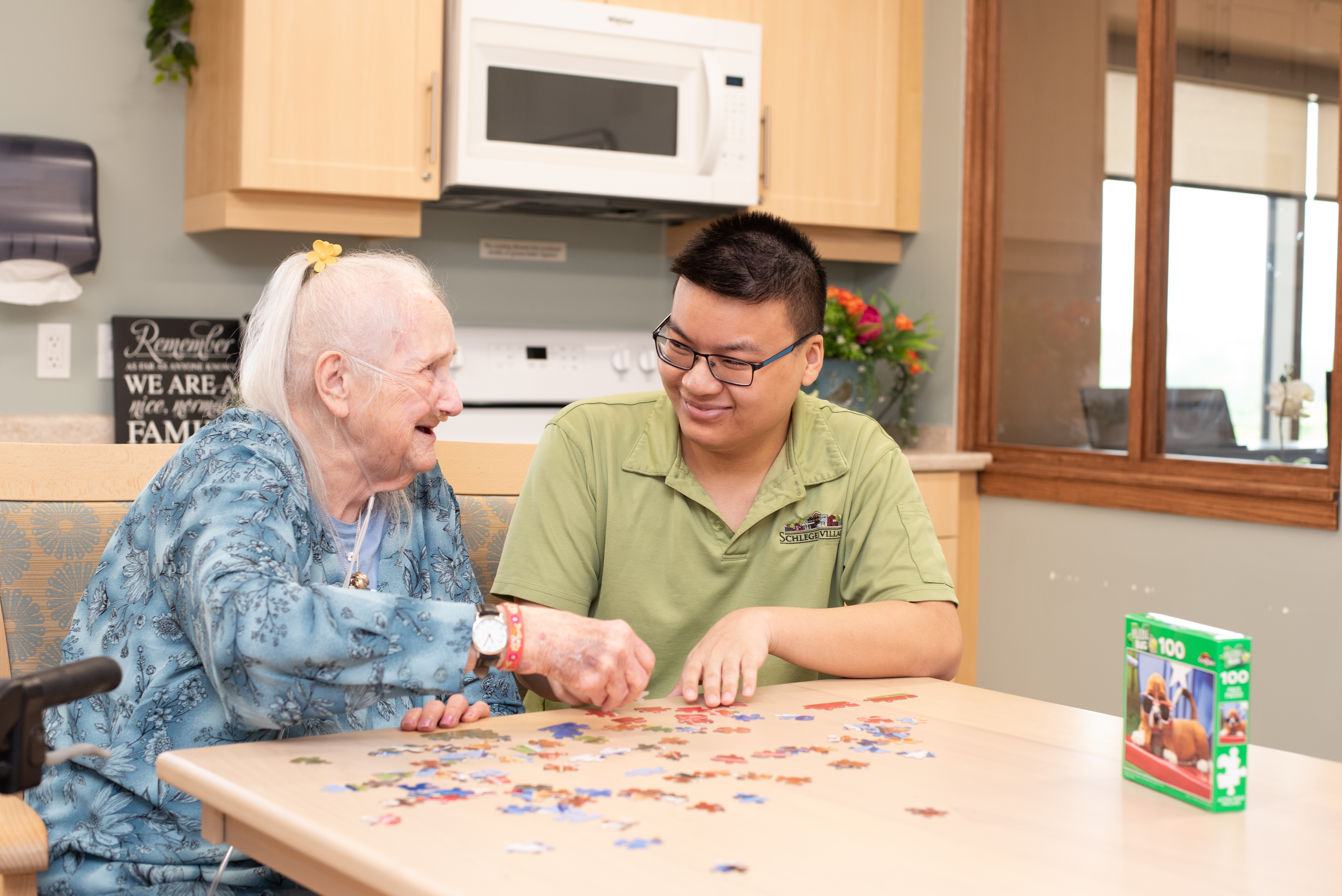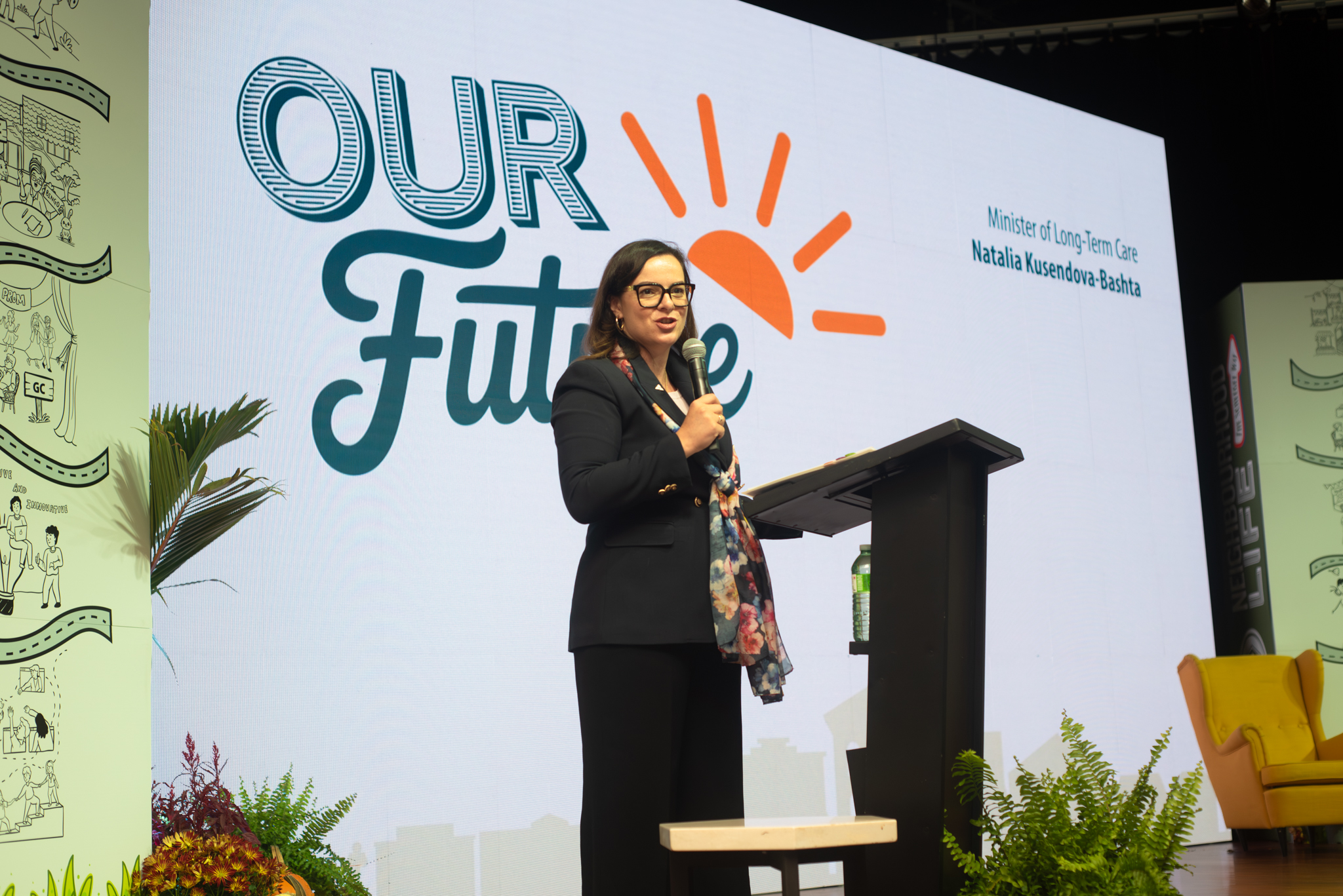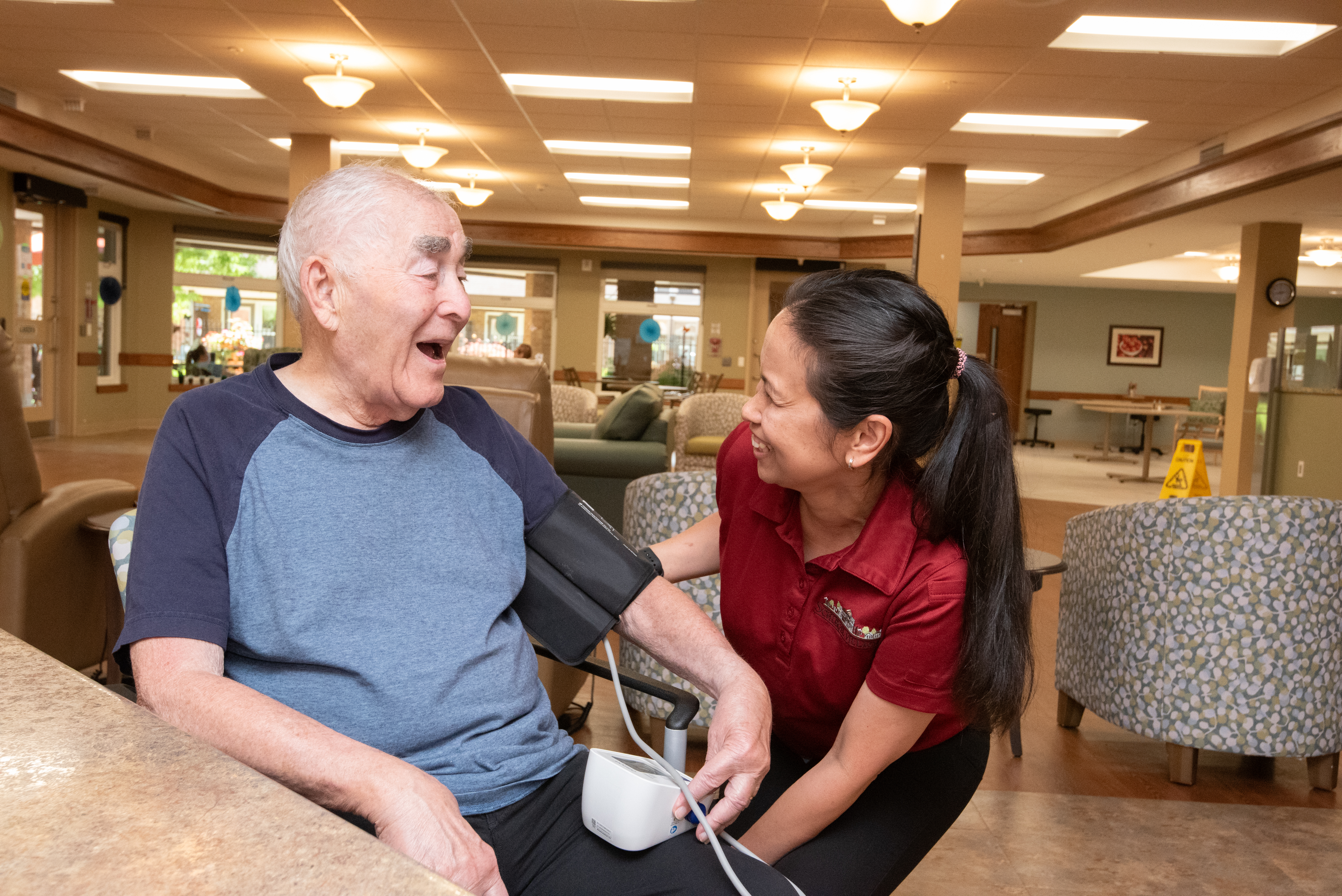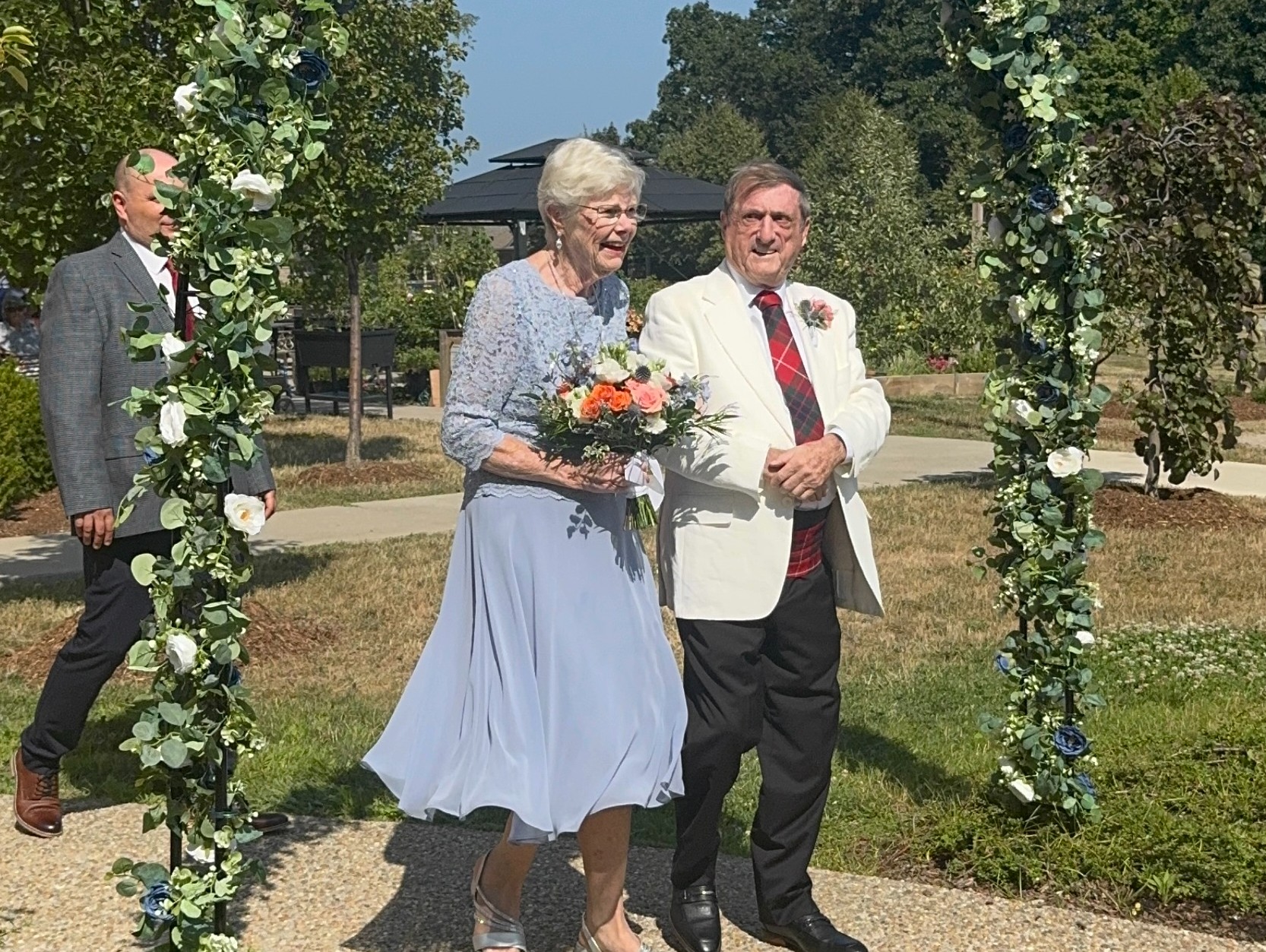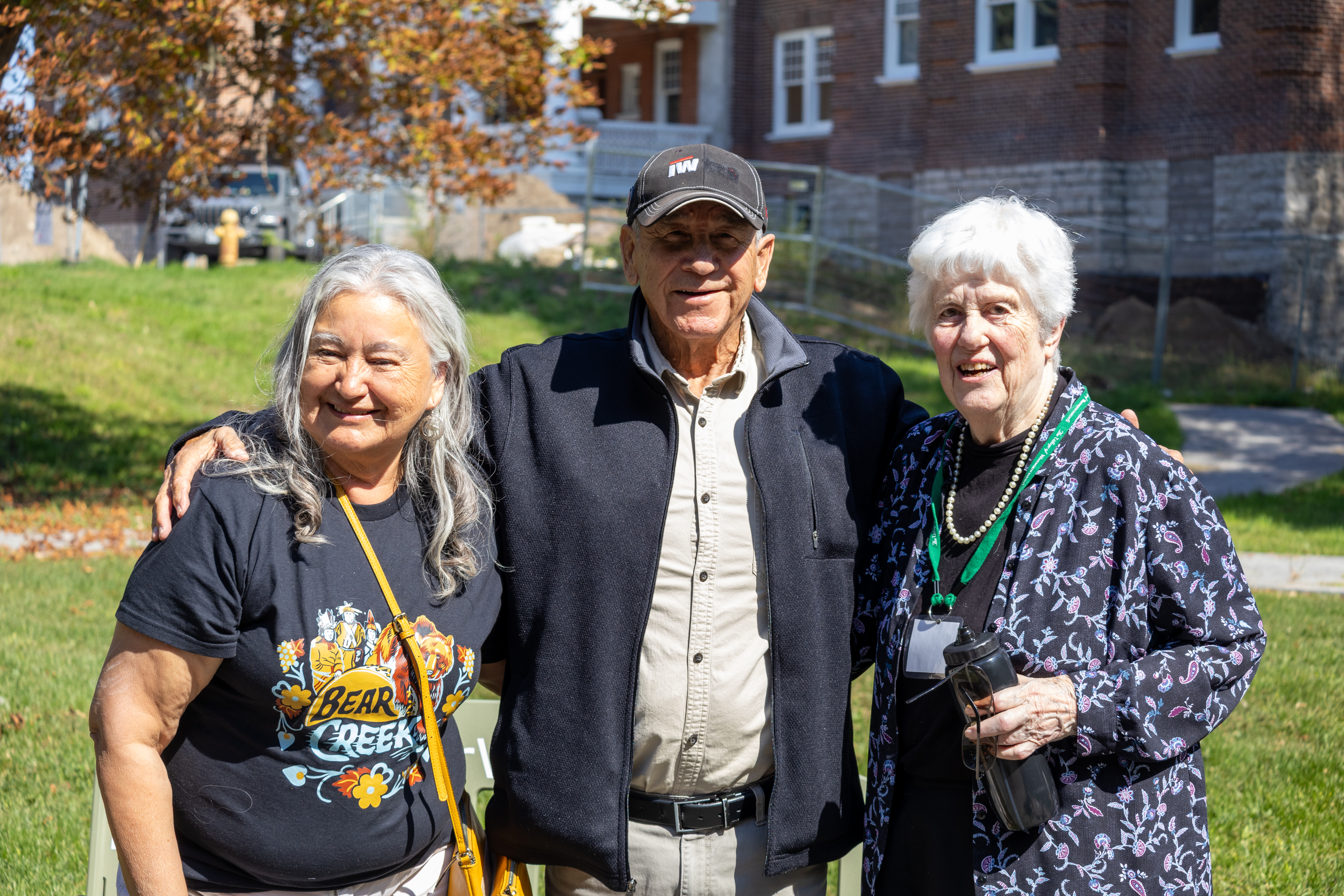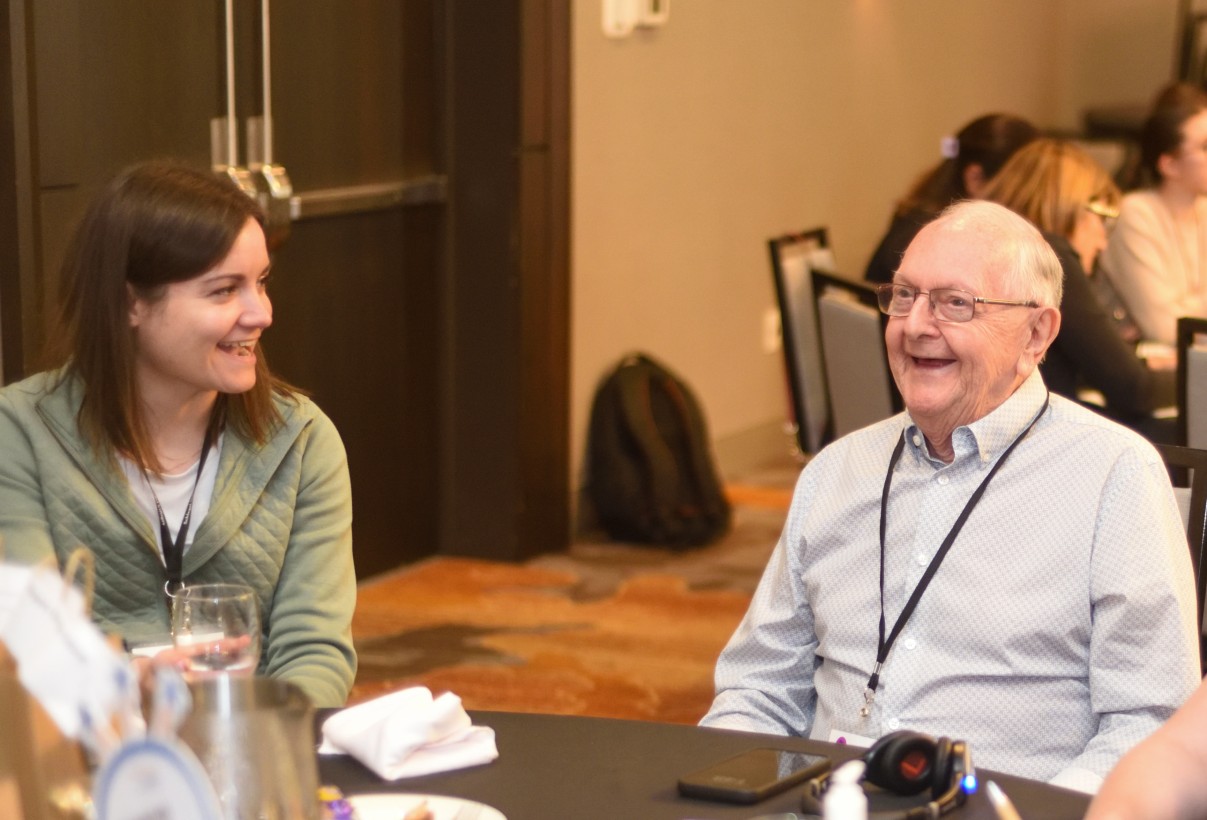The human brain has the ability to interact with the world in a way that can create happiness, says Jim Moss. People can nudge their brains in tiny fractions to change the way they perceive their own happiness and in doing so, they can affect the people they live and work with in positive ways.
Jim is speaking to the leadership team members of each village at the annual Schlegel Villages Operational Planning retreat in Niagara Falls from his position as Chief Happiness Officer at Waterloo’s Plasticity Labs. He started the company after his life as a professional athlete was transformed by a rare, post-viral autoimmune disease that landed him in a California hospital, unsure of whether he would ever walk again.

Jim Moss explains that big changes in our approach to
happiness comes many tiny changes.
When the illness struck, Jim could look out the hospital window to the Santa Cruz mountain he used to run up, yet he could no longer walk. The view he quickly established towards his treatment, however, would reshape the way he viewed life, hasten his recovery and lead him to the present day where he works alongside companies and organizations to optimize the happiness of the teams they rely upon.
The approaches of two nurses helped shape Jim’s outlook in those early days, he explains, noting among a room full of caregiving professionals just how much of an impact they have on those they serve. On his third day in hospital while struggling with a walker to try and use the bathroom, a nurse told him “you’d better get used to this because you’re going to be like this for a long time.”
Any sense of motivation or inspiration left with those words.
“It didn’t feel like I was active,” Jim says. “It felt like I had to become passive to the process.”
He spent most of that day accepting his new position in life, taking note of all the things he was going to lose, wondering how he could afford to live and welcome a second child into the world when his income had been decimated by his inability to work.
Then he met another nurse as he was struggling to get to the bathroom that evening, and his perspective changed. As he sat on a stool, resting from the struggle, she squeezed his shoulder and in a soft Jamaican accent told him, “don’t you worry about it sweetheart, we’re going to get you back on your feet in no time.”
“It was like lightening struck in my life,” Jim says, “I knew that no matter what this process was going to entail, I needed to feel like that.” He couldn’t leave his attitude to the chance of whatever nurse or doctor was speaking to him in the moment, he decided. Instead he must take control of his own state of mind and he did so by discovering research proving that gratitude is one of the easiest ways for people, entirely under their own control, to change their mood for the better.
Practicing gratitude is done in simple steps, Jim explained. He was grateful for the meatloaf in the hospital, he recalls, and when he sent a note to the kitchen one day to say so, an extra slab of it found his way to him at the next meal. He began to wake each day and note what he was grateful for, and his mood reflected the gratitude and rubbed off on the people around him. The physiotherapists spent extra time with him, the nurses responded to him more readily and his health improved immensely. He was walking again in six weeks, instead of the six months to a year he was told to expect, and he shares his personal story with Schlegel Villages as a testament to how small acts of active gratitude can offer great transformation.
“Big change does not come from big effort,” Jim explains. “Big changes come from tiny efforts done with high frequency, like the drop of water that drips and erodes away the stone and becomes a river.”
His session inspires the leaders in the room to consider how tiny changes can affect life in their villages, training their minds and bodies to be gracious and find contentment in each day. The intent is to give them space to care for their own well being so they can in turn better serve their teams, and it’s a fitting beginning to a conference themed “Happiness By Design,” setting the stage for enhanced life quality for all connected to Schlegel Villages.
- Previous
- View All News
- Next
